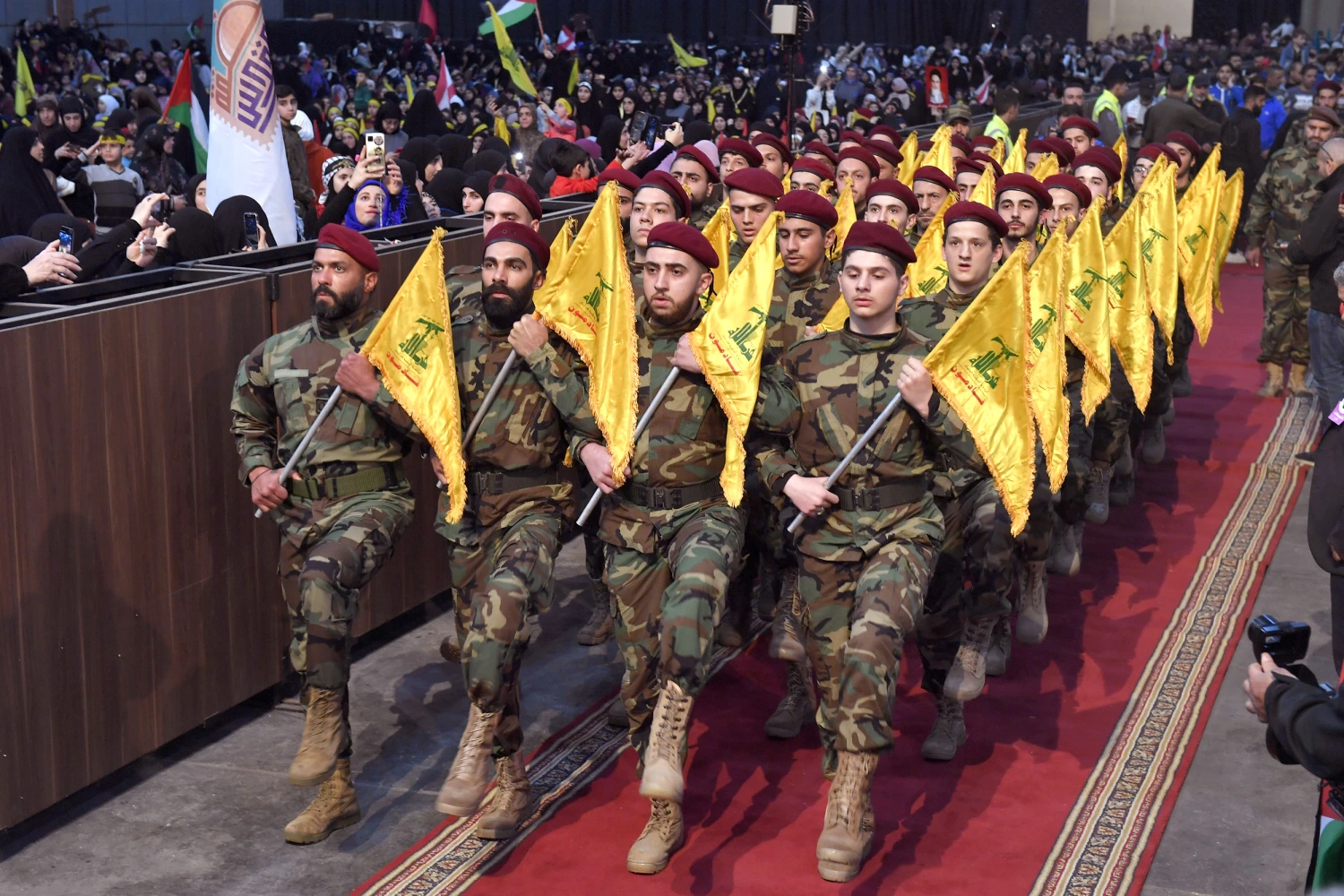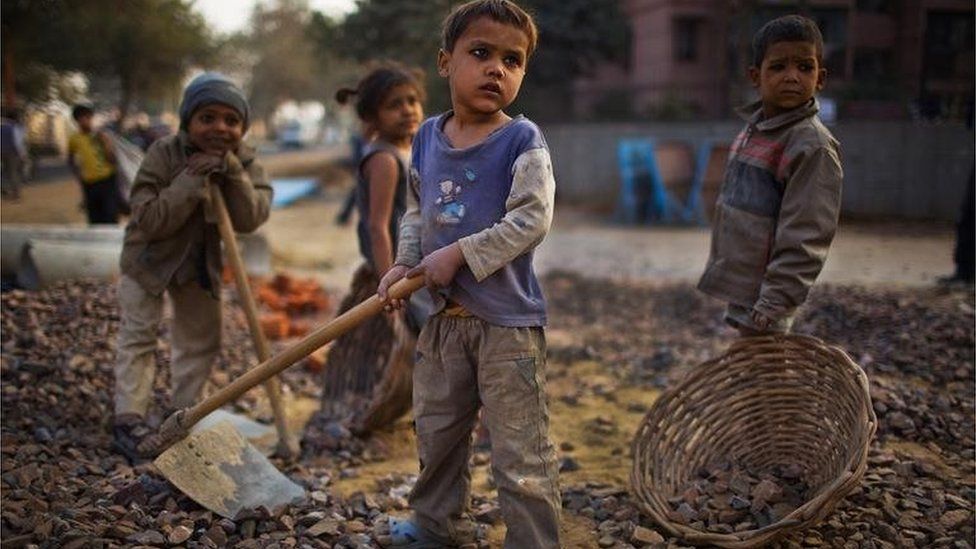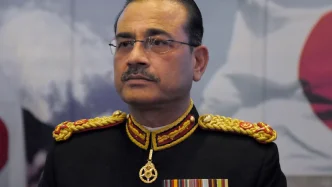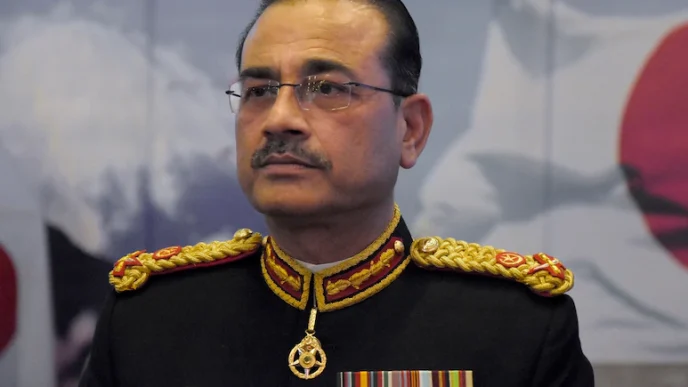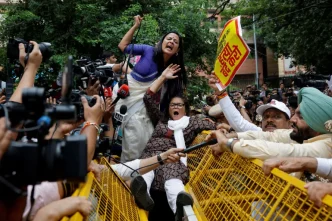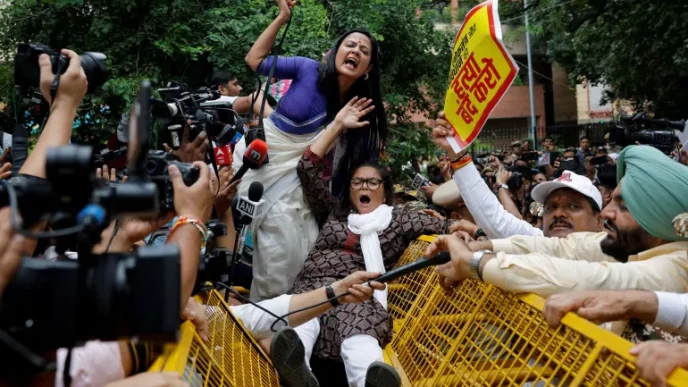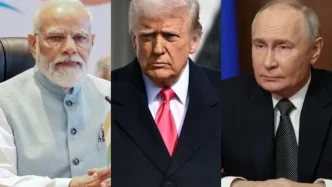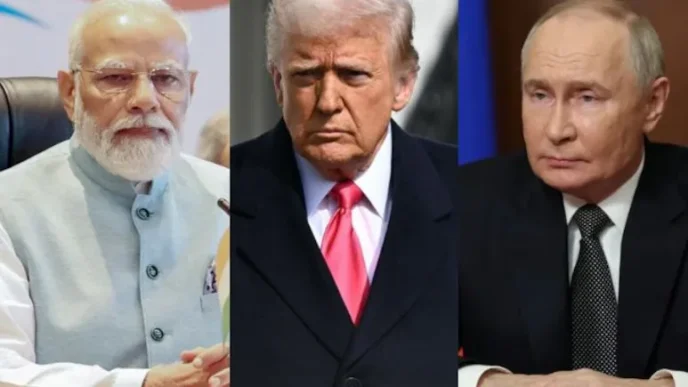As the cease-fire between Israel and Hamas, negotiated by Qatar, collapses, military analysts speculate about the possibility of an Israeli Defence Forces (IDF) offensive. The focus now turns to Hassan Nasrallah, the head of Lebanese Hezbollah, whose protracted silence has alarmed both Yemenis and Lebanese people, creating doubts about their countries’ participation in a conflict with Israel. When Israel was besieging Gaza, Nasrallah’s weekly talks drew large crowds of nervous Lebanese and Yemenis, who would often cancel dinner arrangements to attend his speeches.
Hezbollah Chief Nasrallah is renowned for his ability to speak intelligently on a variety of topics, including Israel’s aggression in Gaza and Lebanon as well as the challenges facing the citizens of Yemen and Lebanon. His well-crafted speeches have the power to change minds, even for those who are reluctant to take sides. With the conclusion of the cease-fire drawing near, it is unclear if Nasrallah will speak to the crowd and, if so, what position he will adopt regarding Hezbollah’s post-ceasefire tactics.
The IDF has been aggressively fighting Iran-backed militias since the war of 2006, which has claimed the lives of many Hezbollah militants. As the ceasefire breaks down, all eyes are on Nasrallah, prompting military analysts to conjecture about Hezbollah’s future intentions and tactics.
In conversations with adherents, the writer observed the unease felt by individuals anxious to hear Nasrallah’s explanations of Hezbollah’s post-ceasefire strategies. Many believe that hostilities will continue and that Nasrallah will continue to confront the IDF in Lebanon.
The organization’s aims are called into doubt by the ambiguity surrounding Hezbollah’s strategic choices and Nasrallah’s public appearances. Is Nasrallah’s lack of public remarks the result of a reassessment of military or political choices made by Hezbollah, or is it a purposeful retreat from the media, maybe at Tehran’s instigation?
In its most recent public statement, released on October 7, Hezbollah alluded to a continuing evaluation of the cooperation between Palestinian factions, namely Hamas, in their conflict with Israel. The absence of Nasrallah can indicate a change in strategy or a calculated choice to avoid the spotlight until absolutely required.
The author makes the following three predictions about what can happen to Nasrallah if the IDF decides to resume its offensive in Gaza:
- Fights Until Ceasefire: In this scenario, Hezbollah fights back and advises Hamas to agree to another ceasefire, possibly with some units moving out of Gaza.
- Israel Renews Offensives, Hamas Capitulates: Hezbollah may intensify missile strikes and possibly even invade Gaza with Tehran’s support if Hamas is unable to survive fresh Israeli offensives, escalating the crisis into a regional war.
- Israel Resumes Offensives, Hamas Admits Failure, and Hezbollah Stays Out of It: In this instance, Hezbollah might abstain from direct action, suggesting that Hamas might be sacrificed in order to maintain Hezbollah’s power for a protracted battle with the IDF.
Serious errors in judgement are likely as events develop, and the danger is increased by the lack of direct communication between Tel Aviv and Hezbollah. The battle has evolved to the point that outside elements with changing dynamics determine whether it will escalate or not, making it more difficult for both sides to decide how the fight will play out.
